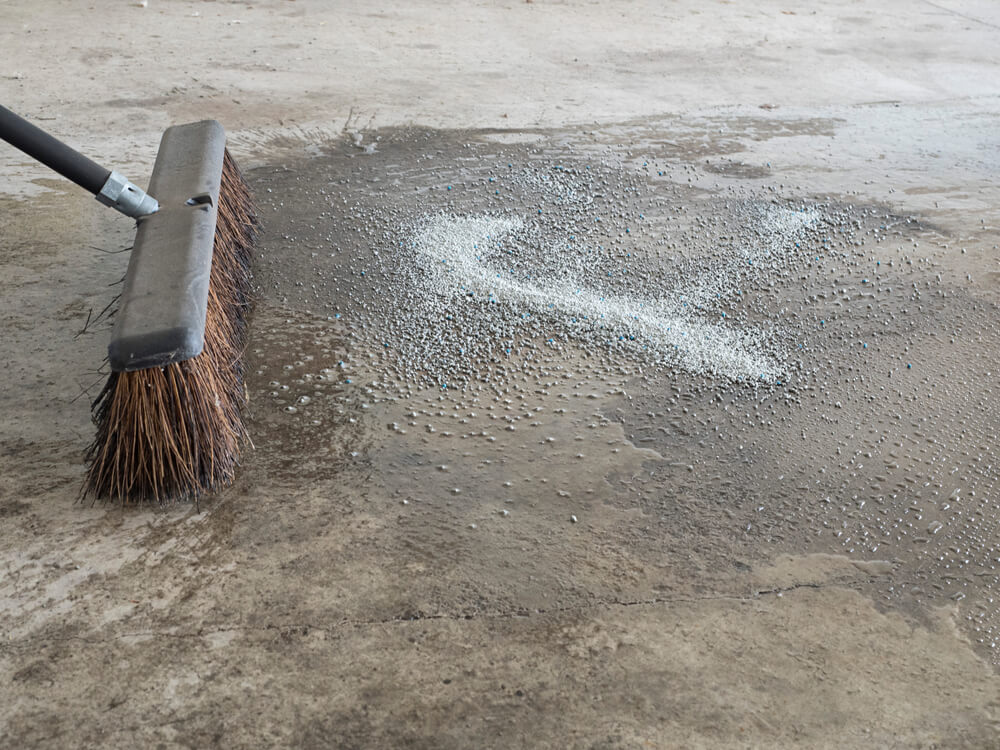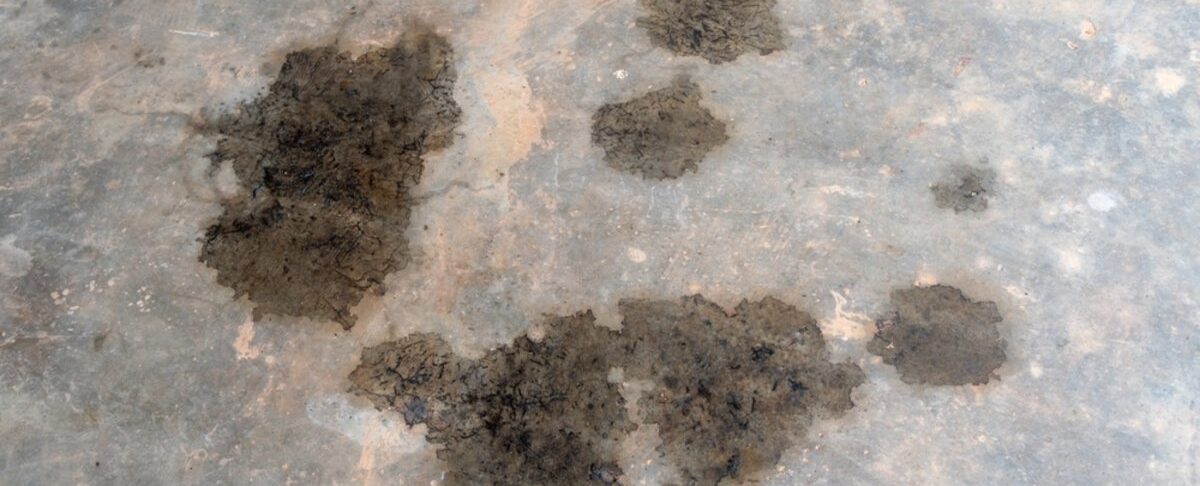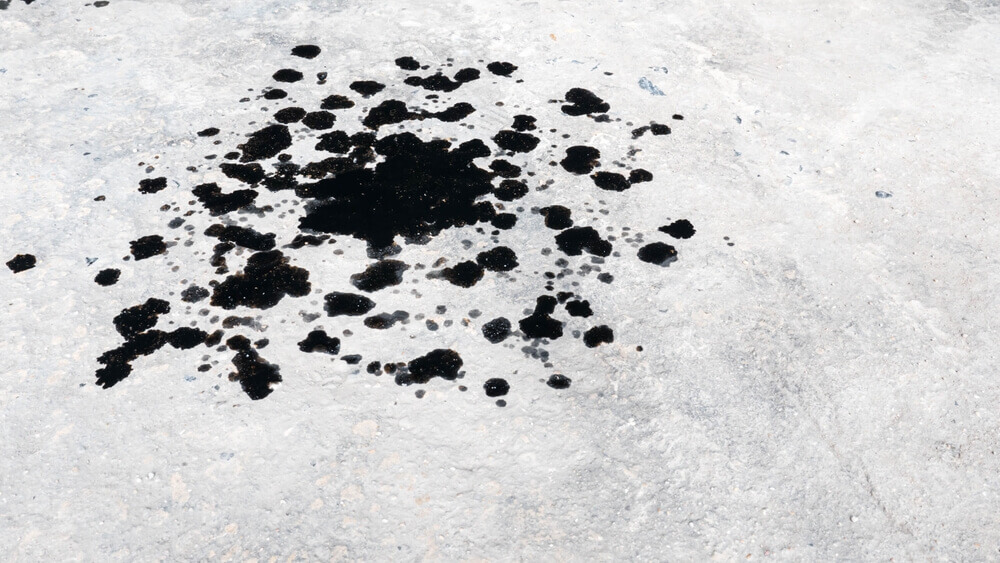Oil stains on concrete garage floors are a common nuisance for homeowners. These stubborn marks not only mar the appearance of your garage but can also degrade the concrete over time. Removing these stains can seem daunting, but with the right techniques and products, you can restore your floor’s pristine condition. In this post, we’ll explore several proven strategies to tackle old oil stains and prevent future occurrences.
Understanding the Nature of Oil Stains on Concrete
Concrete is porous, making it susceptible to absorbing liquids like oil, which seep deep into its surface. Over time, these stains can become more challenging to remove, requiring more than just surface cleaning. Understanding the type of oil and how long it has been sitting can help you choose the most effective cleaning method.
Factors Affecting Stain Removal
- Type of oil: Motor oil, cooking oil, and grease each affect the concrete differently.
- Age of the stain: Older stains typically require more robust treatment methods.
- Concrete condition: Cracks and porosity can complicate the cleaning process.
Effective Cleaning Methods
To successfully remove oil spots from your garage floor, several methods can be employed depending on the severity and age of the stain.
DIY Solutions
- Baking Soda or Absorbent Powder: For fresh stains, sprinkle a generous amount of baking soda or a commercial absorbent product over the area. Let it sit for a few hours to absorb the oil, then sweep it up and rinse the area with water.
- Dish Soap and Hot Water: Apply dish soap directly to the stain and scrub with a stiff brush, using hot water to rinse the area thoroughly. This method can help lift the oil from the concrete pores.
Commercial Cleaners
- Degreasers: Specialized concrete degreasers can break down oil and grease, making them easier to remove. Apply the degreaser according to the manufacturer’s instructions, leave it to work its magic for the specified time, then scrub and rinse.
- Pressure Washing: For pervasive and older stains, pressure washing might be necessary. This method can be highly effective, especially when combined with a degreasing agent.
Advanced Techniques for Stubborn Stains
When conventional methods fall short, there are more intensive techniques to consider.
- Poultice: A poultice made from absorbent material and a strong solvent can draw out deep-seated oil. Apply the poultice to the stain, cover with plastic to slow the drying process, and let it sit for 24 to 48 hours. Once removed, clean the area thoroughly.
- Mechanical Removal: For extremely tough stains, mechanical methods such as grinding or sandblasting may be necessary. These should be considered as last resorts due to their potential to damage the concrete surface.
Preventative Measures to Keep Your Garage Floor Clean
Prevention is always better than cure. Implementing the following strategies can help prevent oil stains from forming in the first place.
- Regular Cleaning: Regularly sweeping and washing your garage floor can prevent oil from settling and seeping into the concrete.
- Use Absorbent Mats: Placing absorbent mats under vehicles or machinery can catch oil before it hits the floor.
- Seal the Concrete: Sealing your garage floor with a quality sealant can create a barrier against oil and other substances, making it easier to clean up spills quickly.
Conclusion

Removing old oil stains from a concrete garage floor can be a straightforward process if tackled promptly and with the right approach. Whether using household products, commercial cleaners, or more intensive techniques, the key is to choose a method suited to the specific nature of the stain and the condition of your floor. With these tips, your garage floor can look as good as new, maintaining both its functionality and appearance. If you have any questions or need further assistance, please feel free to contact Richfield Concrete today. We’re here to help you keep your garage in top condition!





